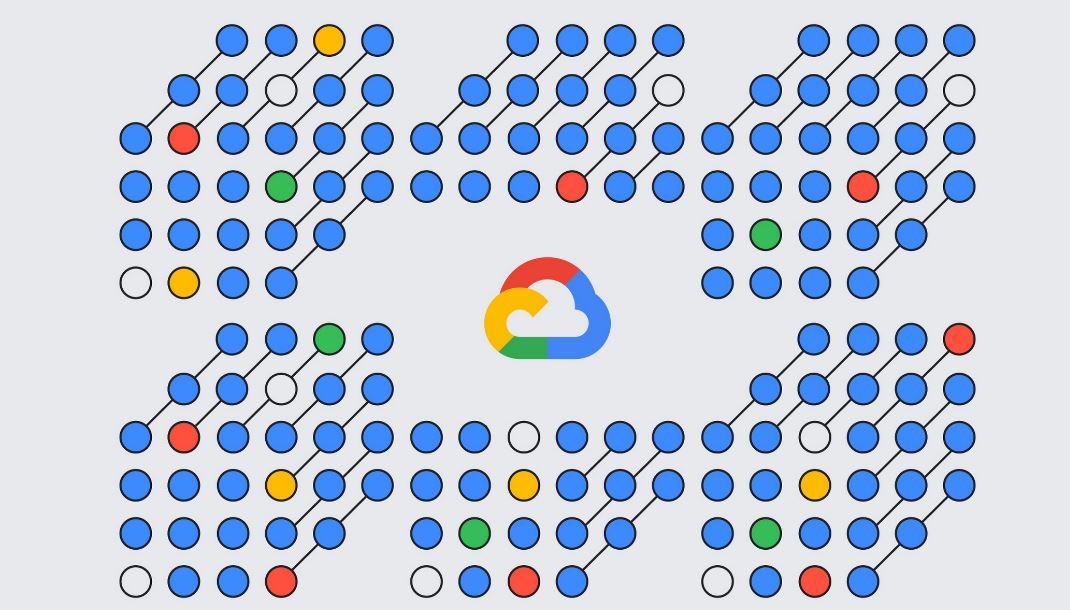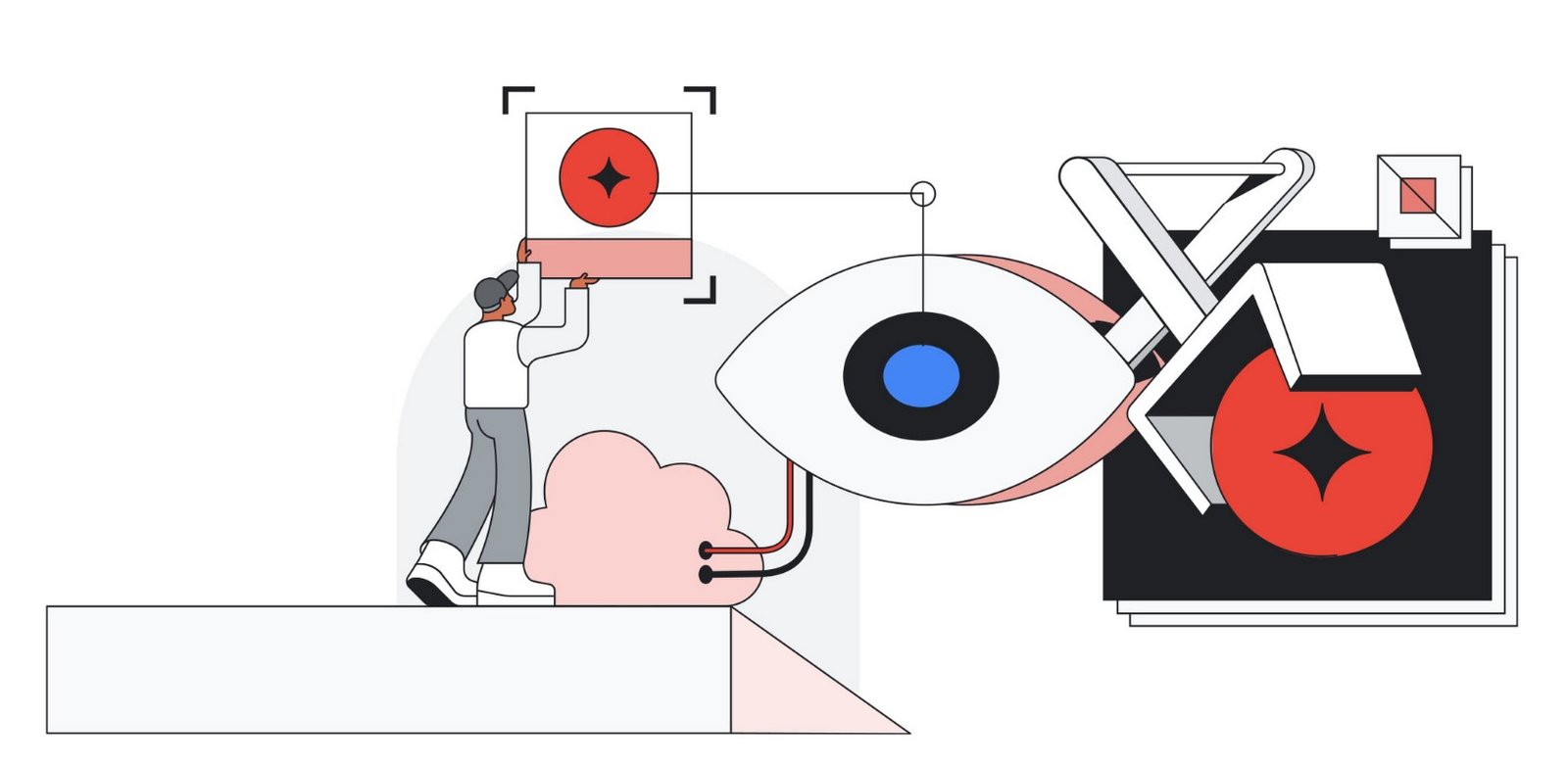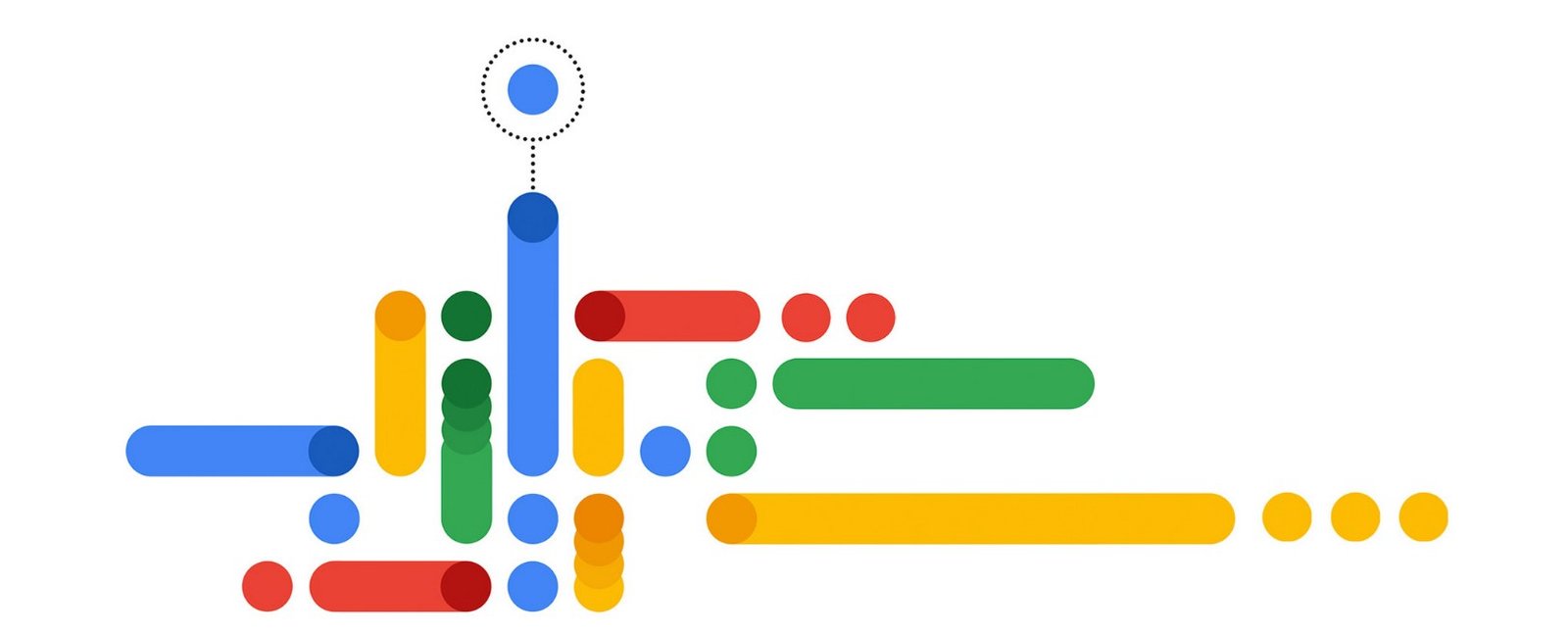Google Cloud SQL is a fully managed relational database service that supports MySQL, PostgreSQL, and SQL Server databases. It simplifies database management, automates backups, provides high availability, and scales as your application grows.
Here are the important topics, commands, and questions related to Google Cloud SQL:
- Supported Database Engines: Cloud SQL supports MySQL, PostgreSQL, and SQL Server database engines. Understand the differences and choose the appropriate engine based on your application requirements.
- Instance Types: Cloud SQL offers two instance types: Second Generation and First Generation. Second Generation instances are recommended for better performance, availability, and storage capacity.
- Instance Configuration: Learn how to configure Cloud SQL instances, including setting up machine types, storage, networking, and maintenance windows.
- Scaling Instances: Cloud SQL instances can be scaled vertically by changing the machine type and horizontally by adding read replicas. Understand how to scale instances to meet your performance and availability requirements.
- High Availability: Cloud SQL provides high availability through regional and zonal configurations. Regional instances use synchronous replication across multiple zones, while zonal instances use a single zone with asynchronous replication.
- Backup and Recovery: Cloud SQL automatically creates daily backups and supports point-in-time recovery. Learn how to configure and manage backups and restore instances from backup.
- Data Import and Export: Understand how to import and export data to and from Cloud SQL instances using tools like mysqldump, pg_dump, and SQL Server Management Studio.
- Cloud SQL Proxy: Cloud SQL Proxy is a tool that provides secure connections to your Cloud SQL instances without the need for IP whitelisting or SSL certificates. Learn how to set up and use Cloud SQL Proxy in your applications.
- Monitoring and Logging: Cloud SQL provides monitoring and logging features using Cloud Monitoring and Cloud Logging. Learn how to configure monitoring and analyze logs to troubleshoot issues and optimize performance.
- Security: Secure your Cloud SQL instances by configuring SSL/TLS, IAM roles, and VPC Service Controls. Understand best practices for securing your databases, including data encryption, user management, and access control.
- SQL Commands: Familiarize yourself with common SQL commands used to manage and query databases, such as SELECT, INSERT, UPDATE, DELETE, and CREATE.
- Integration with Other GCP Services: Cloud SQL can be integrated with other GCP services like App Engine, Cloud Functions, and BigQuery for building end-to-end data processing and analysis pipelines.
- Pricing: Understand the pricing model for Cloud SQL, including instance, storage, and network costs. Learn how to estimate and optimize costs based on your usage patterns.
- Migration: Migrate existing databases to Cloud SQL using tools like the Database Migration Service, which supports both homogeneous (same database engine) and heterogeneous (different database engine) migrations.
- Cloud SQL Maintenance: Cloud SQL instances require periodic maintenance for updates and patches. Understand how to configure maintenance windows, receive notifications, and minimize downtime during maintenance events.
- Cross-region Replication: For disaster recovery and global data distribution, you can set up cross-region replication in Cloud SQL. Learn how to configure and manage cross-region replicas to ensure data availability and durability.
- Instance Cloning: Cloning a Cloud SQL instance allows you to create a copy of the instance with the same configuration, data, and settings. Understand when and how to use instance cloning for testing, troubleshooting, and migration purposes.
- gcloud Command-Line Interface: The gcloud command-line interface provides commands to manage and interact with your Cloud SQL instances. Some common commands include:
- gcloud sql instances create: Create a new Cloud SQL instance
- gcloud sql instances list: List your Cloud SQL instances
- gcloud sql instances describe: Display information about a Cloud SQL instance
- gcloud sql instances update: Update settings for a Cloud SQL instance
- gcloud sql connect: Connect to a Cloud SQL instance using a command-line client




